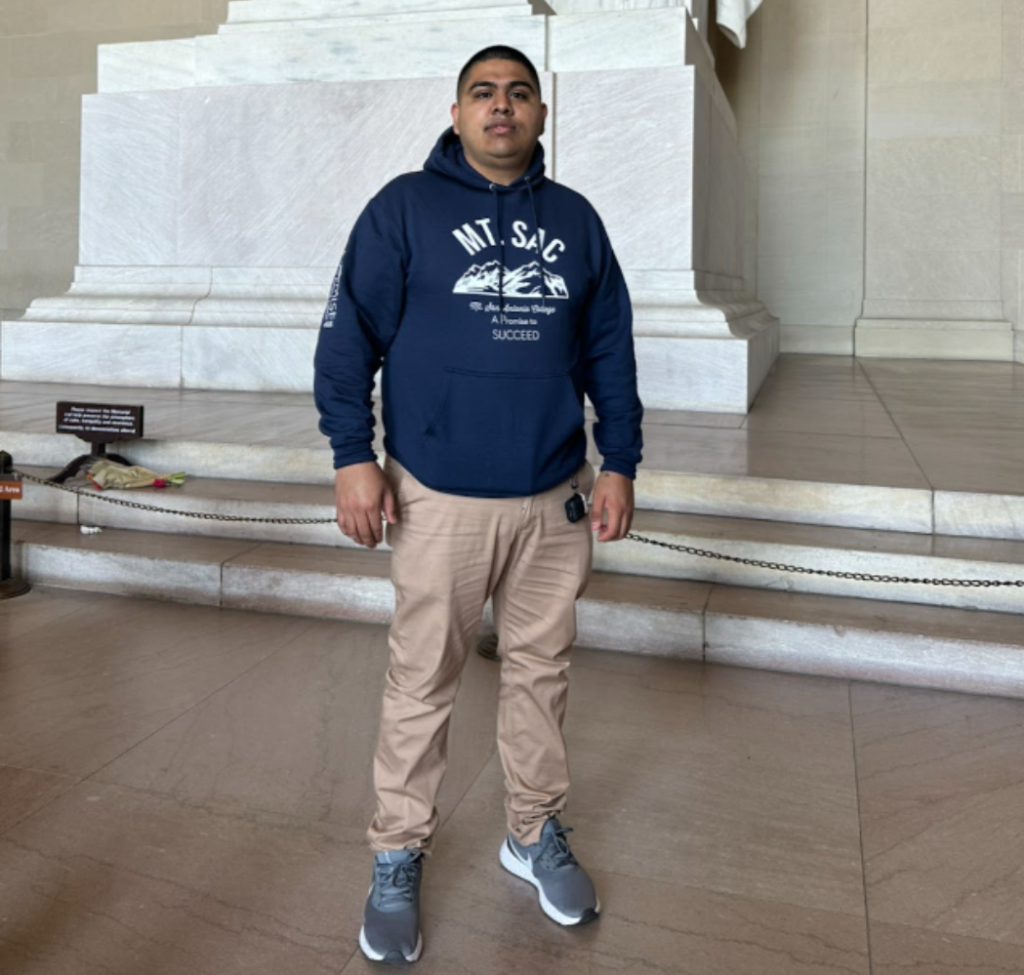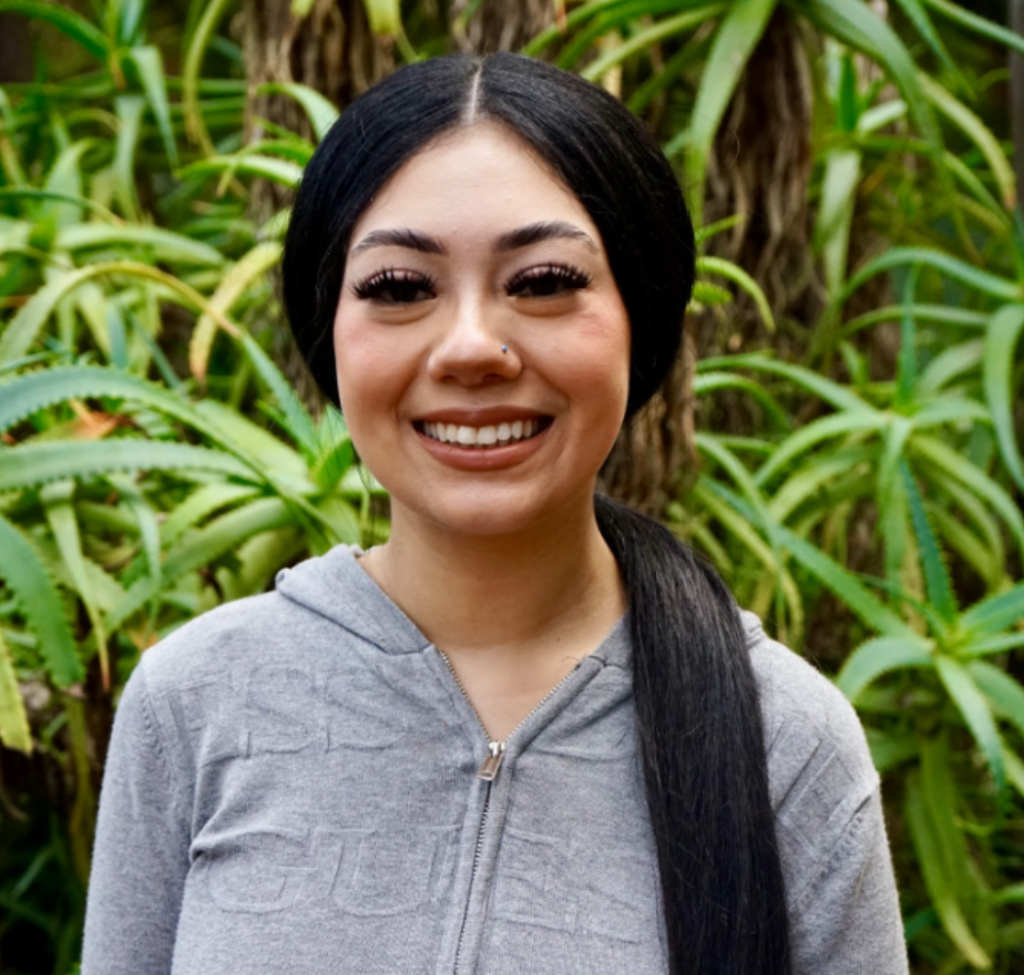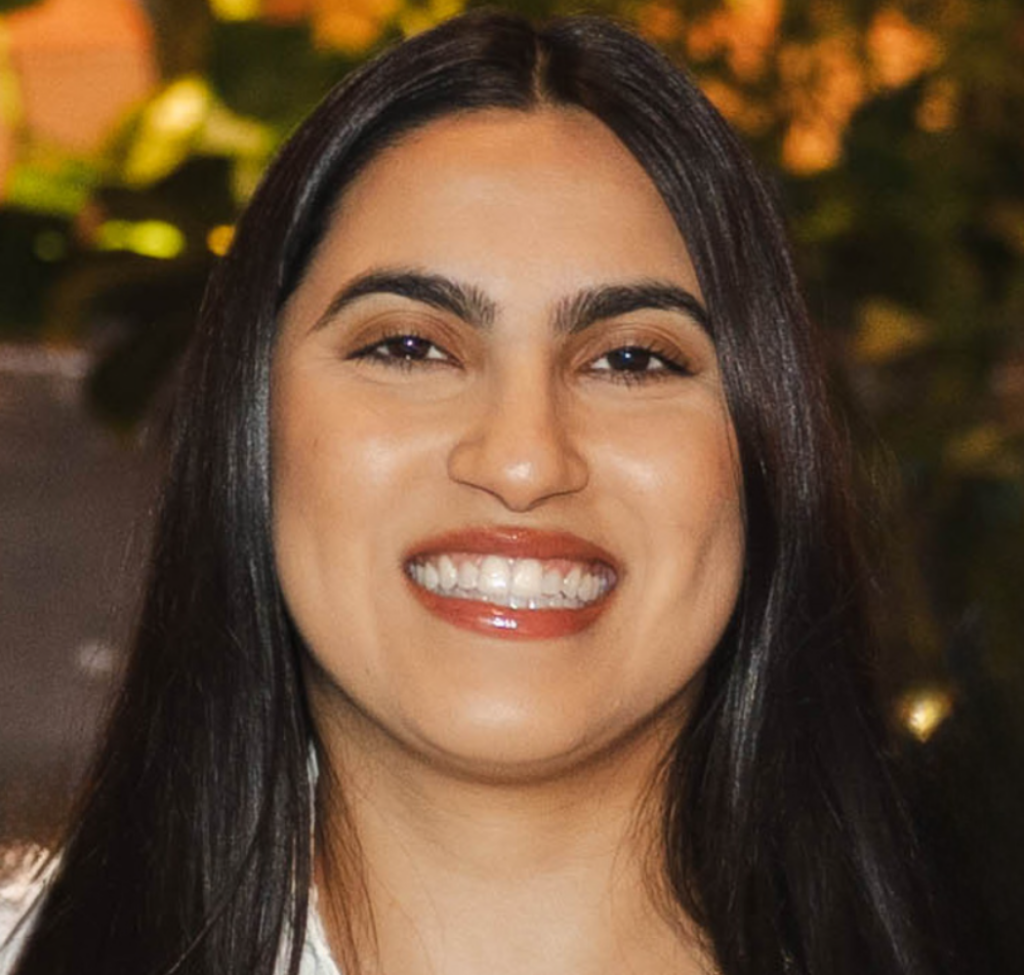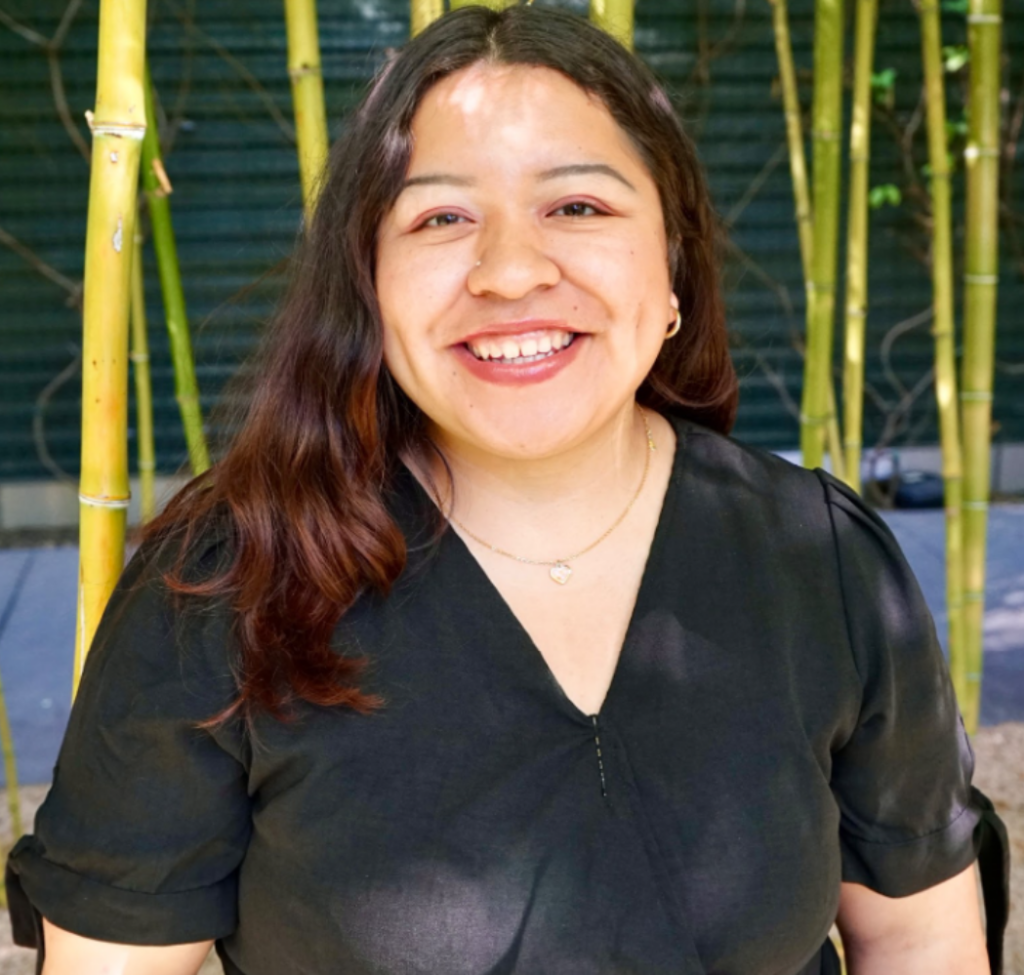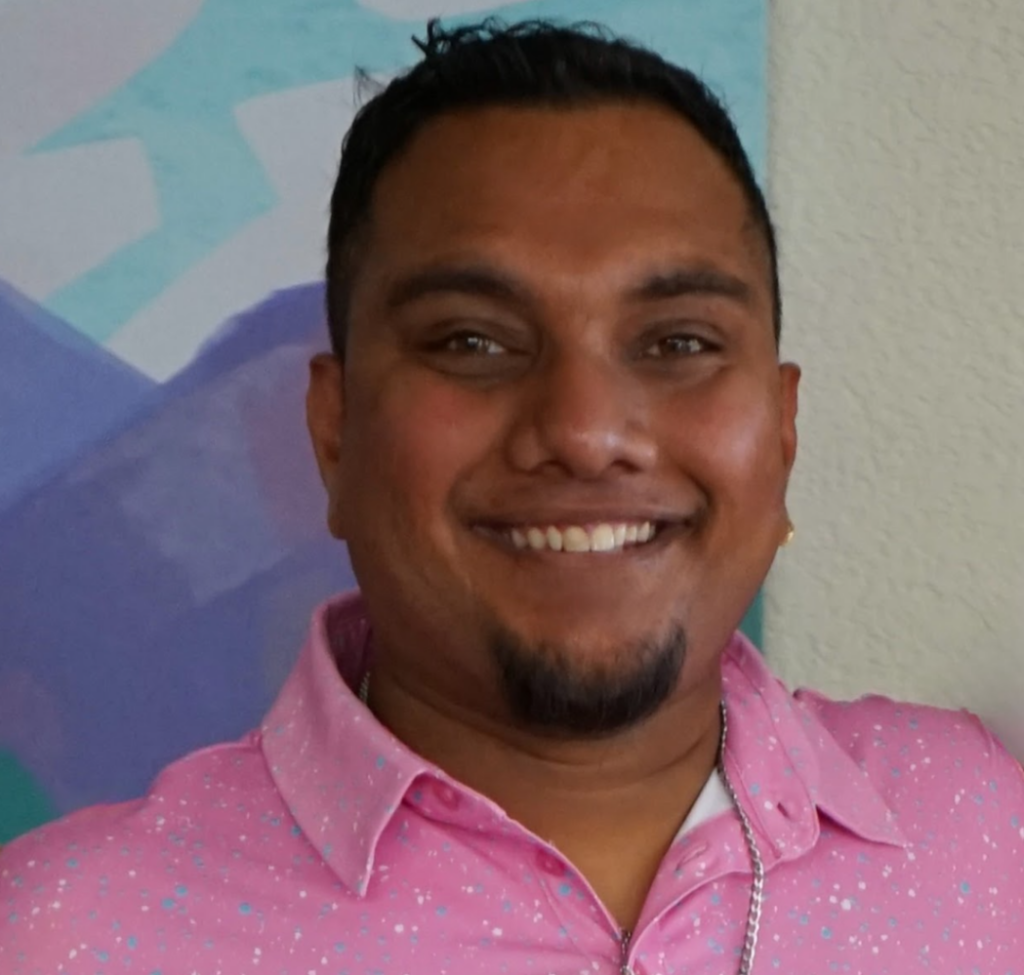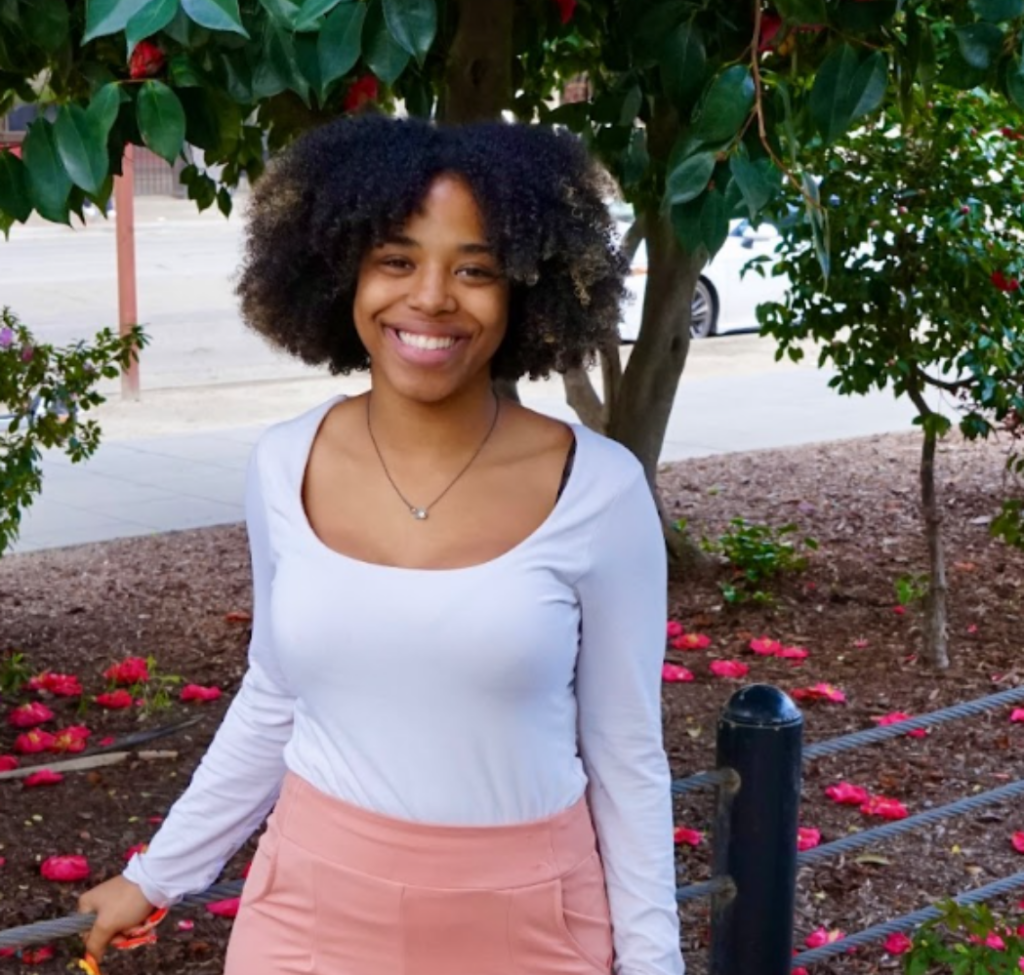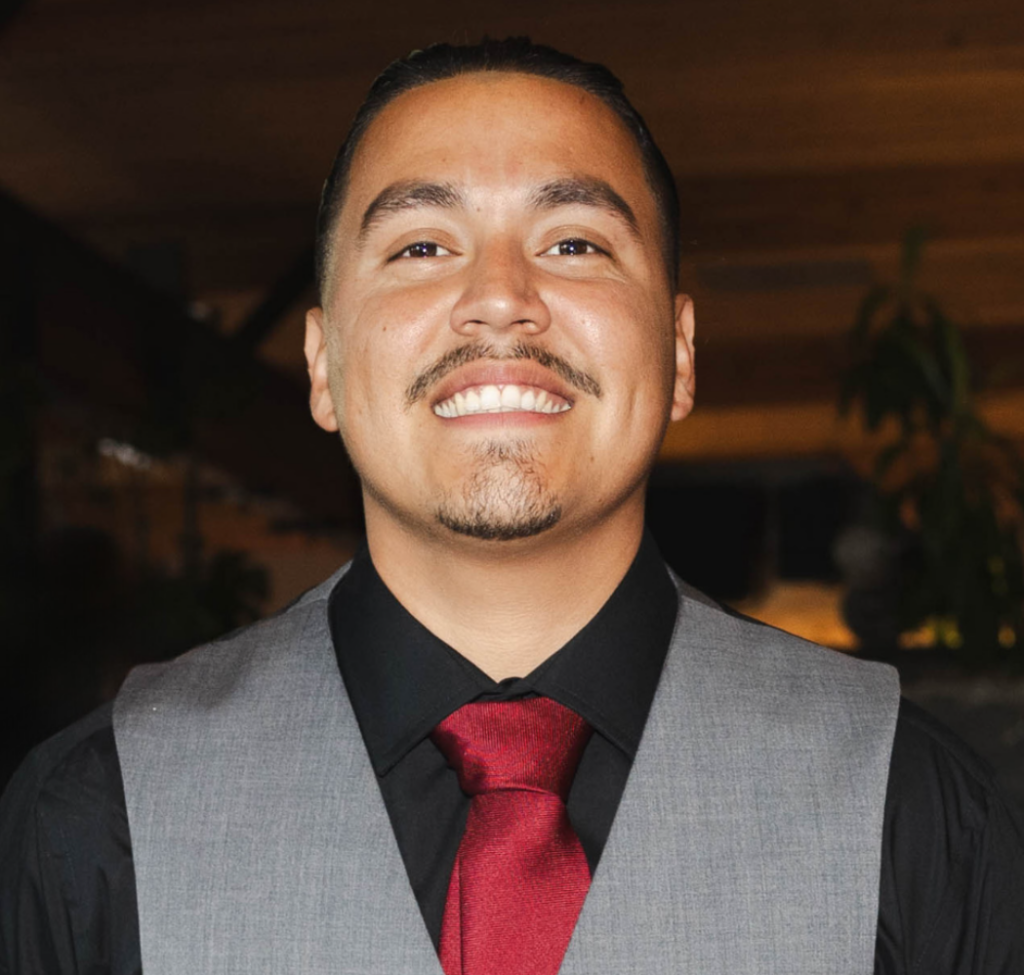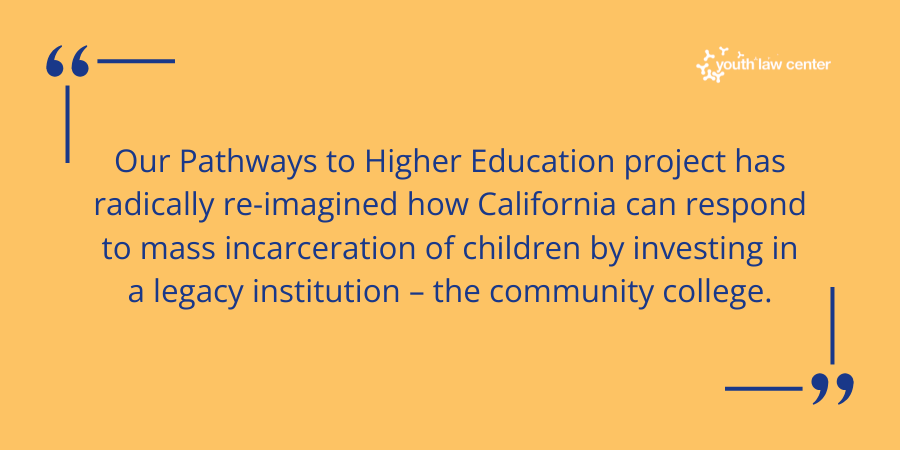
Impact Stories
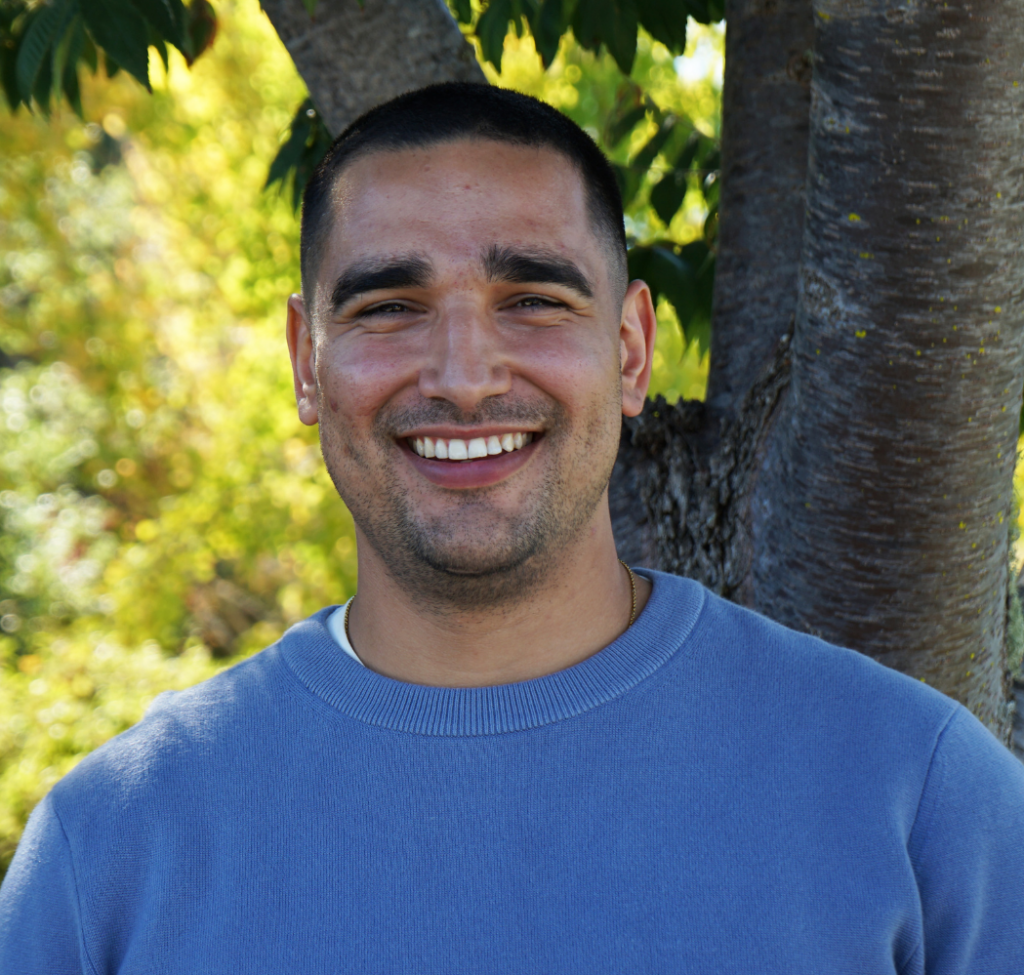
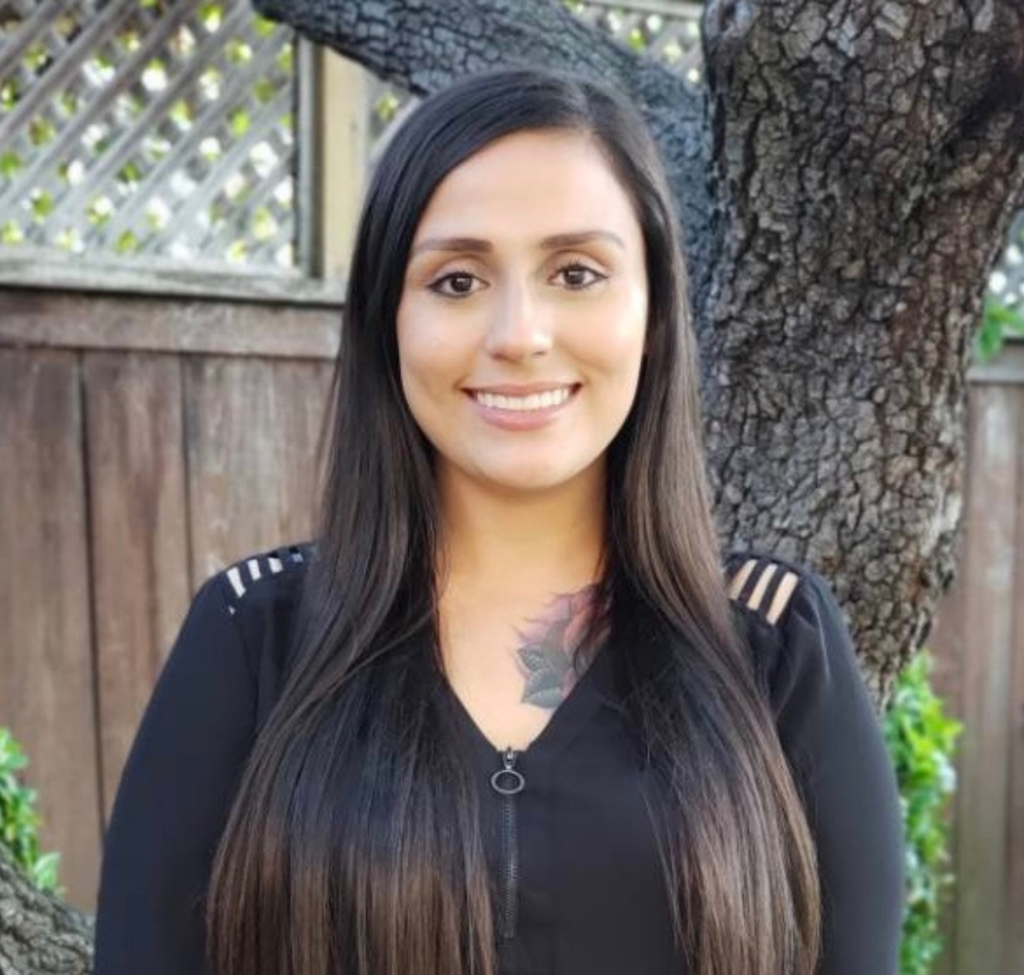
Meet Nicholas and Jacqueline, who represent two success stories of young people who began their journeys to higher education in community colleges while incarcerated in a juvenile hall. Nicholas Jasso enrolled in community college classes through Project Change, the initiative that inspired our Pathways work, while in San Mateo County’s juvenile hall. In a full circle moment, after graduating from UCLA in 2023, he was hired by the College of San Mateo to lead the Project Change program. Jacqueline Rodriguez began her education in a juvenile hall in a Project Change community college class, graduated from UCLA, and worked as a Youth Law Center staff member on our Pathways project team. She is currently a student at Stanford Law School.
Activating Student Leaders for Change
In 2023, we launched our new Student Leadership Cohort to empower a select group of students to advocate for educational opportunity through community college as an alternative to the juvenile justice system. This effort is the first of its kind to mobilize the thousands of juvenile justice impacted youth, most of whom are Black, Latinx and Indigenous, ensuring their ideas and perspectives are centered in policies and actions driving educational alternatives to youth incarceration.
Meet the members of the Student Leadership Cohort and read about their activities and impact since the launch of the program.
Click the images below or this link to meet the student leaders.
Key Advocacy Milestones
- 2022: Our advocacy resulted in Governor Gavin Newsom’s inclusion in California’s 2022-2023 budget, a milestone investment of $15 million in funding to community colleges specifically for youth impacted by the juvenile justice system. As the first state in the country to dedicate postsecondary funding specifically to these youth, California is setting a national model for effective youth justice investment. The ongoing annual funds of $15 million now support 44 community colleges that will receive yearly allocations from the state over the next five years.
- 2022: Our advocacy resulted in passage of California AB 102 (Holden), which supports “dual enrollment” programs. Dual enrollment programs allow high school students (including those in juvenile halls) to take community college courses and earn college credit in both academic and career subjects. The programs also offer youth the opportunity to access essential information about preparation for college.
- 2021: We worked with the state Legislature to ensure inclusion of juvenile justice impacted students in $10 million in ongoing funding to the California Community College Chancellor’s Rising Scholars Network, a statewide group of California community colleges committed to serving system-impacted students by providing degree-granting programs in detention facilities and on-campus support.
- 2019: Our advocacy resulted in passage of California SB 716 (Mitchell), which requires juvenile probation departments to offer youth incarcerated in county juvenile justice facilities who have a high school diploma or equivalent with access to online academic and career technical classes offered by public community colleges or universities, and encourages on-site college course instruction.
- 2018: Our advocacy resulted in passage of AB 2448 (Gipson), which mandates youth in juvenile halls, camps, ranches, and residential facilities be provided access to the internet for education purposes.
